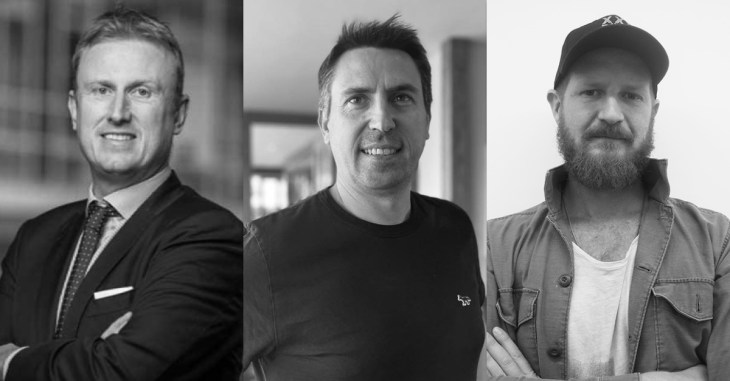
The field of insurance technology has overcome a difficult period. About 7 years ago, early insurtech companies promised to disrupt the insurance industry with new technology, but today, most of these companies have been acquired or are confused in public markets.
Fortunately, insurtech found a new wave to ride in the last two years: "Embedded Insurance." Startups in the insurance field have found success by helping third-party companies "embed" insurance products in their customer journeys to improve sales and retention – instead of buyers actively seeking coverage, insurance may appear as an add-on during their purchase, for example. Investors also seem enthusiastic about this model, despite making it clear that a strong economy and healthy attraction are crucial for startups in the space today.
Carevoice, a provider of embedded insurance solutions that started in Shanghai and now has a footprint in 15 countries, likely made this math look attractive to investors in the space. The company recently raised $10 million from a Series B funding led by the Apis Insurtech Fund I in the UK, contributing to the majority of the round. The investment brings the company's total funding to around $20 million.
This stands out, considering the slowdown in venture investments in startups over the past year. In 2023, digital health startups in the US raised a total of $10.7 billion across 492 deals, the lowest amount since 2019, according to Rock Health, a seed fund focusing on healthcare technology.
The funding slowdown also affected The Carevoice, despite weathering a storm when it came to healthy cash flows. By mid-2022, the company had already secured funding commitments for its Series B. But as the market turned, one of its investors became "sensitive to valuation" and significantly reduced the company's revenue multipliers, co-founder and CEO Sebastian Gaudin told TechCrunch.
"We had to adjust our funding strategy," he said. "We were on the right track to becoming profitable, so we rolled up our sleeves and managed to reach positive cash flow from the third quarter of 2022 until now."
"In 2023, the company doubled its revenues, and this year it is aiming for revenues of $10 million, a combination of recurring licensing fees and one-time application fees," he added.
"At the end of the day, we were in a good position to close our Series B," Gaudin said.
Embedded health solution providers like The Carevoice may find themselves competing with traditional IT and consulting firms like Tata's TCS. But Gaudin feels that health providers who choose to outsource their software needs will eventually understand the significant "cost and time" implications associated with "limited outcomes."
"It may take two, three years before (customers) see something. In terms of cost, it's like several million dollars. And then they get stuck. Health system management remains outside their realm, meaning ultimately, those customized software companies are not inclined to manage various health technologies, collaborate with them, and bring them," he said.
Gaudin says The Carevoice can become the first version of a health tech solution within just three months, with the design process taking two to four weeks and development requiring another two months. For one of its largest customers MetLife, the startup enables the insurer to integrate its 360Health app with features like disease identification through facial scanning and access to a network of nearby testing centers, as well as prevention in every physical, mental, and cognitive health aspect.
The Carevoice operates with a team of about 40 employees and plans to use its fresh funding to expand partnerships with insurance companies across Asia, Europe, the Middle East, Africa, and the Americas, as well as invest in the next generation of CareVoiceOS, an operating system built for insurance companies.


/cdn.vox-cdn.com/uploads/chorus_asset/file/23952144/HT006_alexa_0005.jpg?w=420&resize=420,280&ssl=1)


